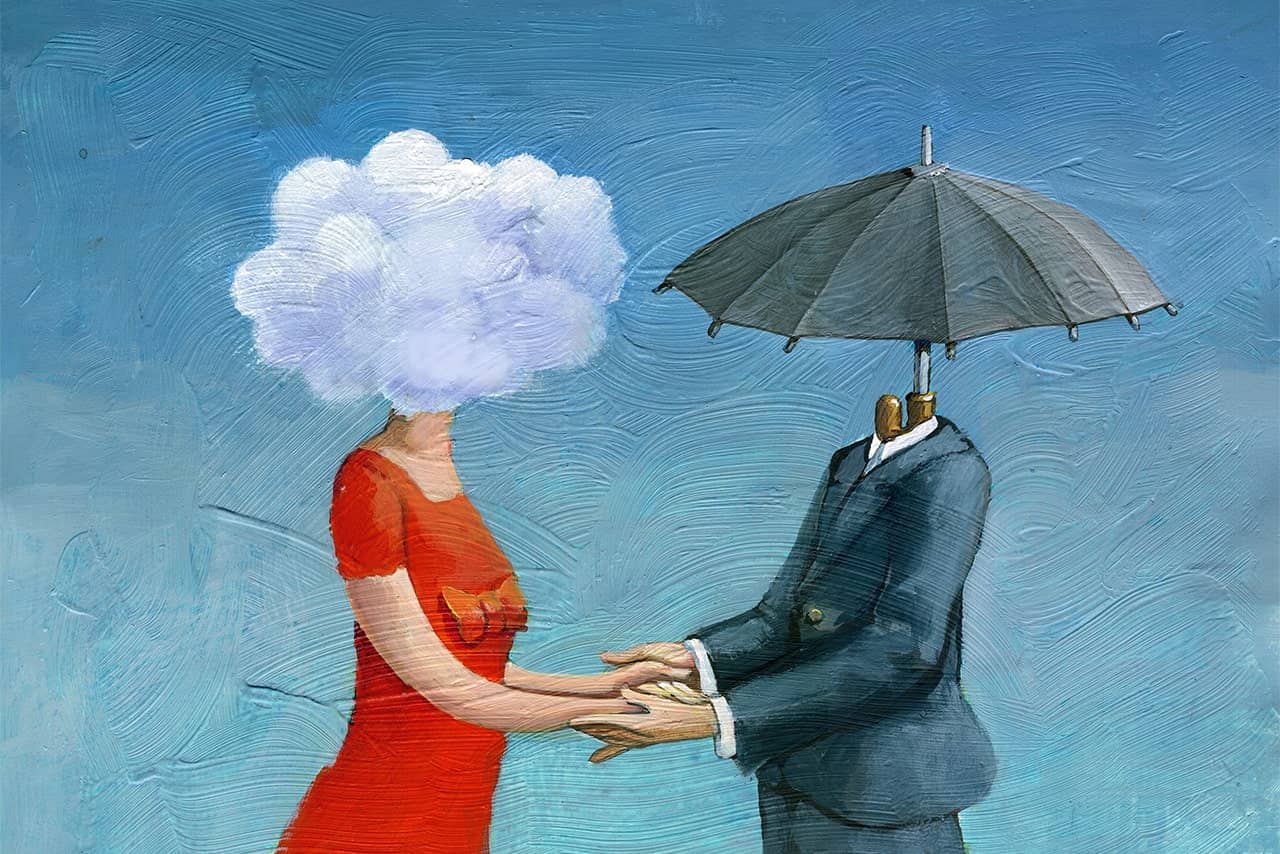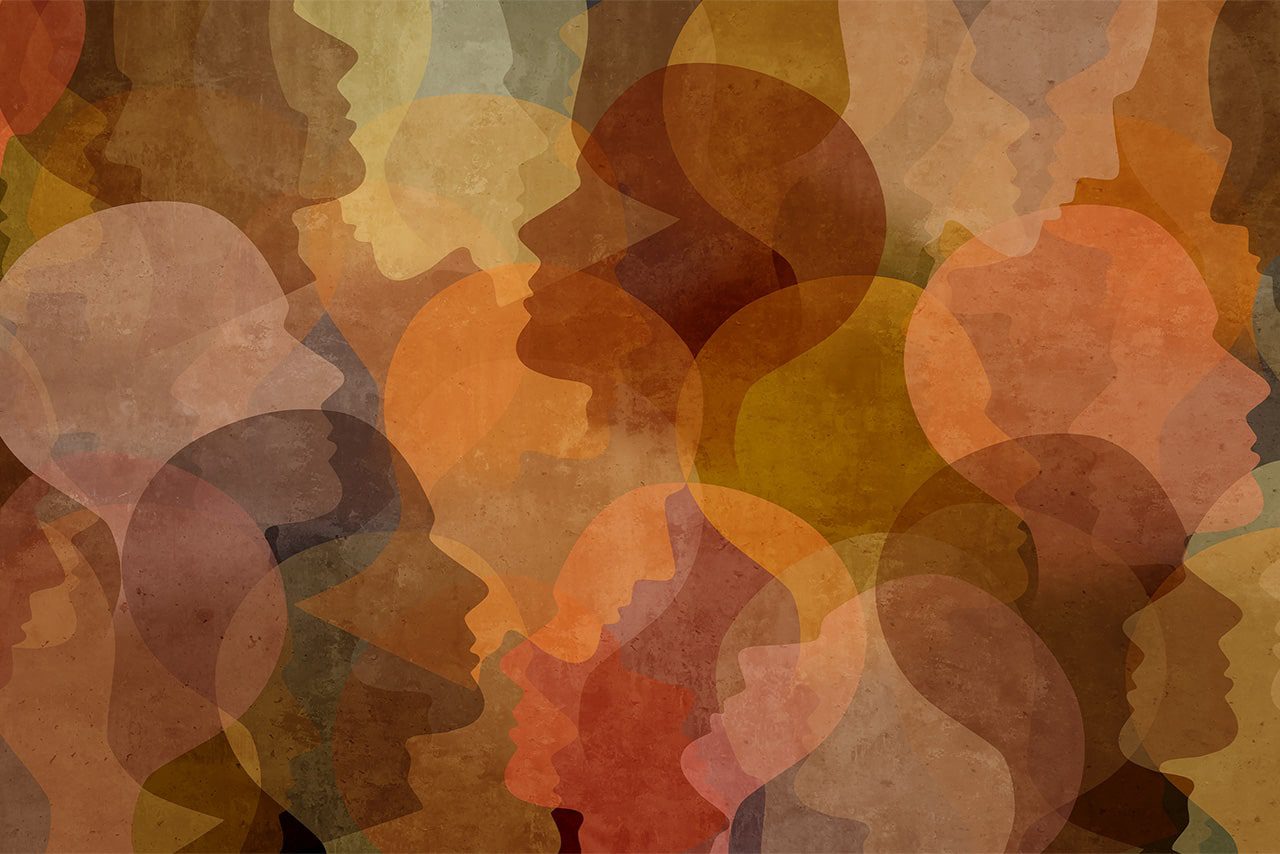Heads up! This article contains spoilers for the FX/Hulu miniseries Fleishman Is In Trouble.
“What if we search to make sure we are lovable and worthy of someone who commits to us absolutely and exclusively, and the only way we can truly confirm we are worth these things is if someone wants to marry us; someone says, ‘Yes, you are the one I will love exclusively. You are worthy of this.’ And then, only when you’re actually married, once this need is fulfilled, you can for the first time wonder if you even wanted to be married or not.” — Libby Epstein, Fleishman is in Trouble
If you haven’t watched Hulu’s “Fleishman Is In Trouble” yet, I recommend it — for the happily married and divorced alike. The series follows the character Toby Fleishman as he navigates his life post-divorce. It touches on the challenges of co-parenting, dating, and establishing yourself when newly single.
Fleishman aims to depict a realistic picture of relationships in all their forms. It weaves between Toby’s, his ex-wife Rachel’s, and his friends’ storylines, philosophizing on why we even get married in the first place.
Despite the subject matter, the show isn’t necessarily a cautionary tale against marriage — it reflects the societal norms built around the legal union of two people, the subconscious hopes and dreams we invest into our partnerships, and how communication breakdowns can damn a marriage.
Let’s break down the major themes and what they can teach us about our own relationships.
Marriage and Loss of Identity

The narrator is Toby Fleishman’s friend Libby. She reconnects with Toby after the divorce and, from her perspective, dances around the theme of marriage and self-worth throughout the series.
Disenchanted with her life as a 40-something stay-at-home mom, Libby reflects on the lost possibilities of her youth.
From the viewer’s perspective, her husband is a perfectly reasonable partner. It seems as though the issues that Libby struggles through have little to do with their relationship and more to do with her own personal spiraling out over the trajectory that her life has taken.
At one point she wonders:
“How could we not impugn marriage, then? It becomes so intertwined with your quality of life, as one of the only institutions operating constantly throughout every other moment of your existence, that the person you are married to doesn’t stand a chance.
You hold hands while you’re walking down the street when you’re happy, you turn away icily to stare out the window as the car goes over the bridge when you’re not, and exactly none of this has anything to do with that person’s behavior. It has to do with how you feel about yourself, and the person closest to you gets mistaken for the circumstance and you think, ‘Maybe if I excised this thing, I’d be me again.’ But you’re not you anymore.
That hasn’t been you in a long time. It’s not his fault. It just happened. It was always going to just happen.”
It’s an intriguing reflection on how we assign blame in our relationships. Whether Libby was married or not, she’d be marching through life haunted by what could have been.
Libby’s internal struggle is an important reminder of how crucial it is to keep an open dialogue around your personal goals and needs when you’re in a long-term relationship.
Casting the blame toward a partner might seem like the easiest course of action, but ultimately, we are the exactors of our own fate.
Societal Norms in Marriage

Unlike the usual trope of “ambitious husband spends too much time at work and not enough time with his family”, Fleishman touches on the opposite. What happens when the wife becomes the breadwinner? How does this impact the husband, and how does the wife balance being a businesswoman, a mother, and a person all at once?
This scenario contributes to feelings of resentment in the characters, especially between Toby and his wife, Rachel. Toby dodges snide comments from Rachel’s upper-class friends about being a doctor (an impressive career to most reasonable people) and endures her late nights at the office, internalizing these actions as a knock against his character.
On the other hand, Rachel feels the pressure of being a working mom: the expectation of being the doting wife, loving mother, and pilates-toned Upper Eastsider all at once.
The attempts at maintaining their societally dictated roles ultimately bleed into their relationship. Without any constructive discussion around how their careers and lifestyles impact their marriage, they quickly fall into a pattern of resentment and blame.
It’s a familiar tale which I often see reflected in client cases. Traditional gender norms have a grip on society creating friction when our lives go against these norms.
Keeping a healthy dialogue around expectations and roles in marriage ensures you don’t find yourself in a pattern of resentment.
This overlaps with the biggest theme and takeaway from the show:
Cooperation, Communication, and Compromise

Throughout the series, we watch Toby and Rachel’s marriage unravel. As with many divorces, it’s punctuated not by one specific occurrence but a slow burn of miscommunication and an unwillingness to problem-solve by either side.
In one corner, we have ambitious Rachel, with her sights set on building an empire out of her business and further establishing herself as a New York elite.
In the other, we have Toby, who is perfectly content with his career and social standing.
Through the recounting of their marriage, we watch as both parties dig their heels further and further into their opinions, showing an unwillingness to construct a mutually-beneficial solution (i.e., when Rachel decides to put their kids into a private school without considering Toby’s input, or when Toby refuses to take an interview that Rachel set up for him for a high-paying position.)
And don’t get me wrong — compromise itself isn’t the answer. But what we see with Toby and Rachel is a lack of solutions caused by a lack of communication. It’s a lethal pattern, to say the least.
We eventually learn that Rachel is highly motivated by her volatile upbringing and desire to find security in her family and success. She is also impacted by the traumatic birth of their first child, an experience that brought a slew of devastating emotions that she never disclosed to Toby.
Unfortunately, Rachel and Toby are never forthright with their feelings, and their marriage deteriorates as a result.
Final Thoughts: Marriage is Complex

Fleishman may be a work of fiction, but it addresses some of the biggest contributors to divorce in a very real way.
Between the loss of personal identity, struggles with gender norms, and communication breakdowns, these issues can snowball into something unmanageable when they aren’t handled directly.
The truth is that no relationship is easy, and it takes a lot of calculated effort to show up for each other on a regular basis. Sometimes it works, but it’s okay if it doesn’t.
At the end of the day, we might all be Tobys and Rachels, balancing the demands of our professions and relationships while attempting to maintain our own identities. In order to thrive, we have to commit to openness, honesty, and consistent communication in our marriage.